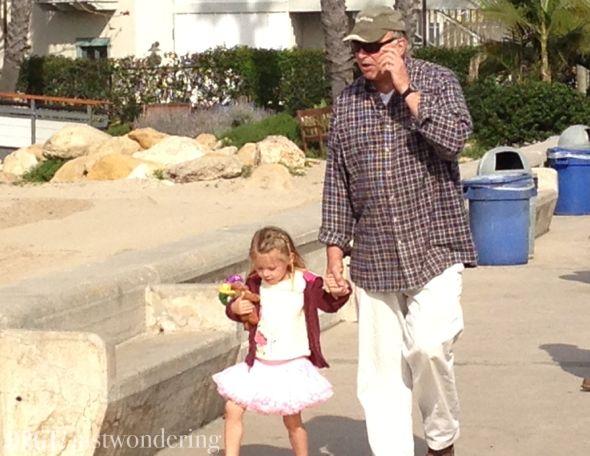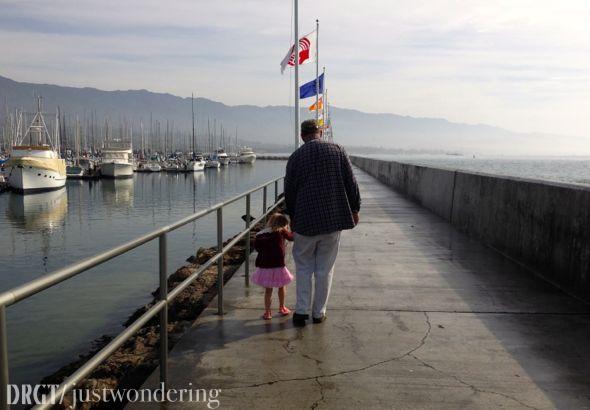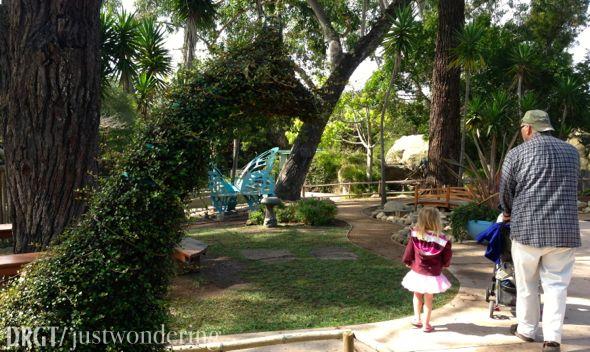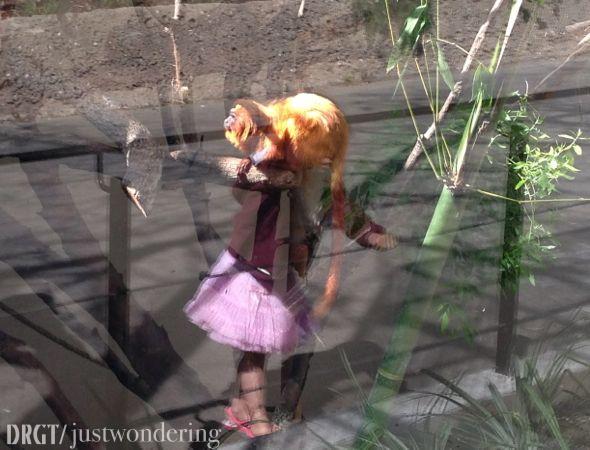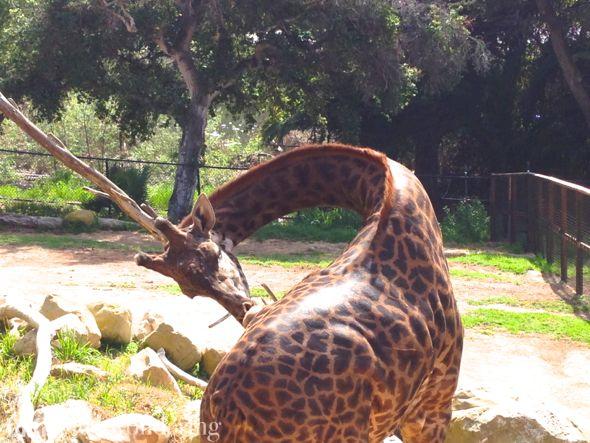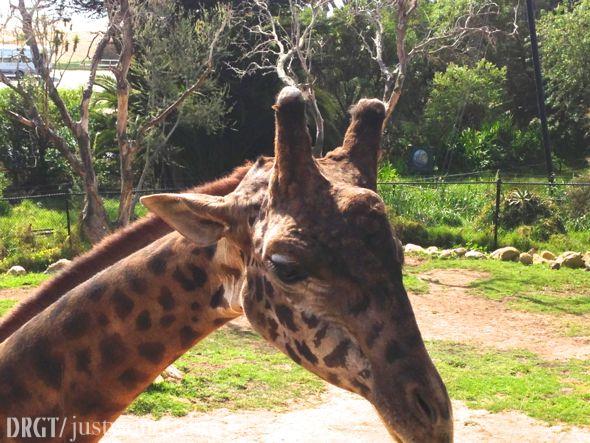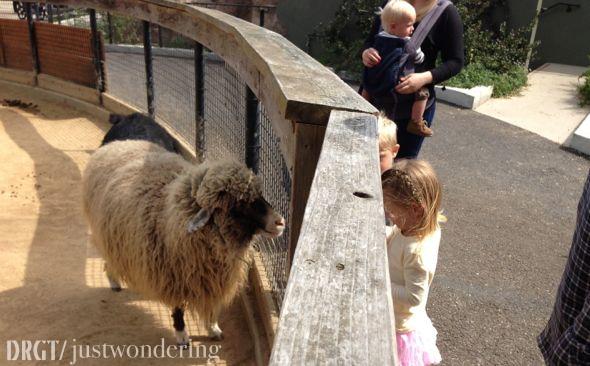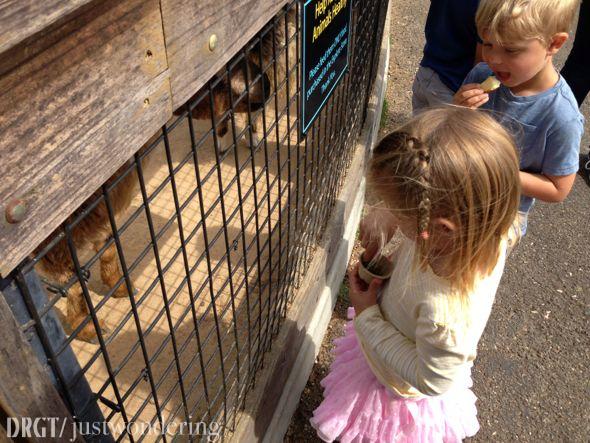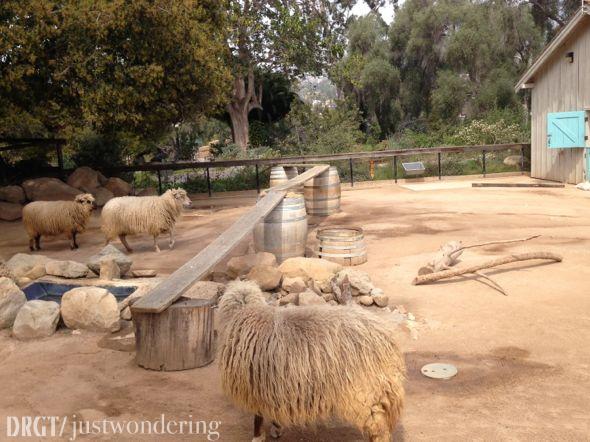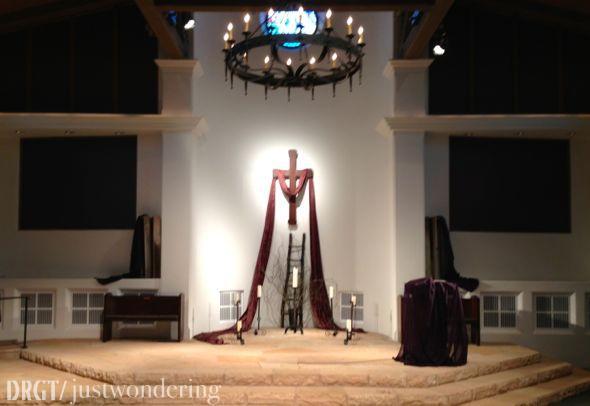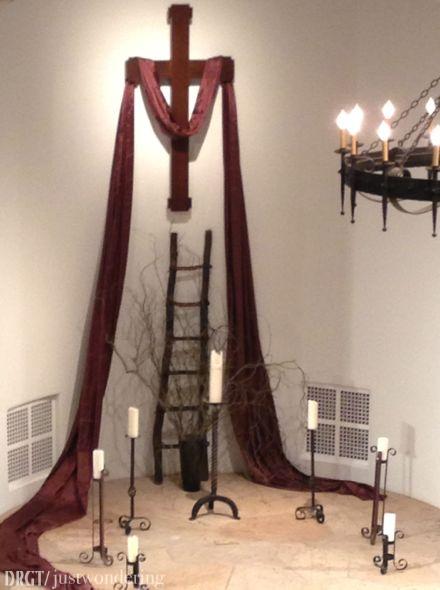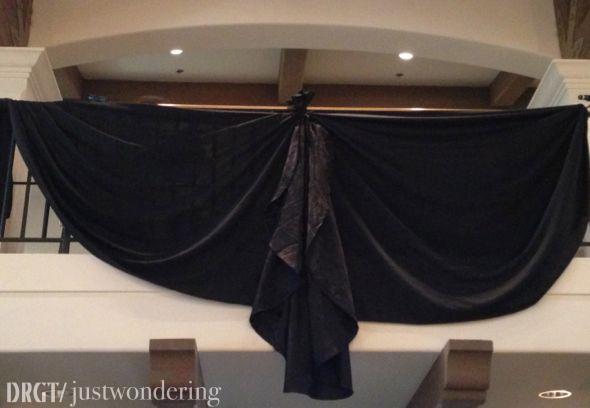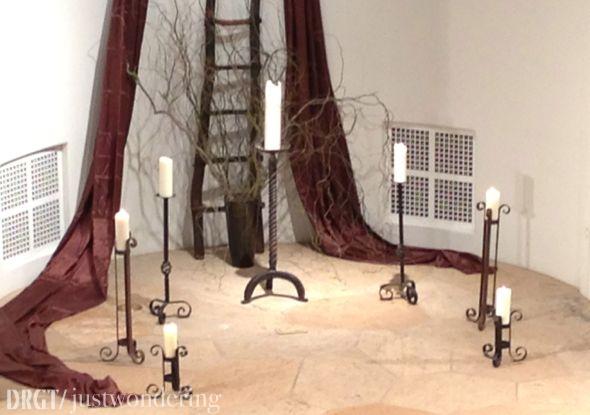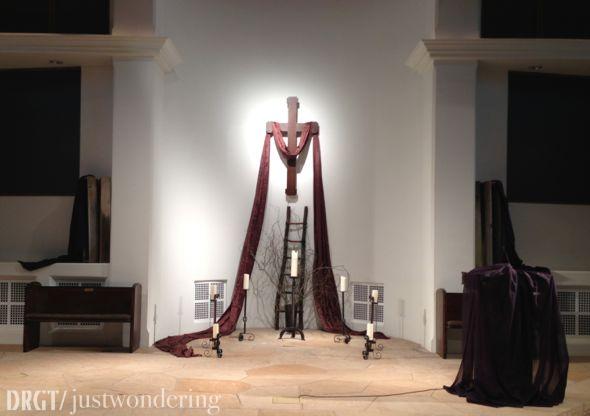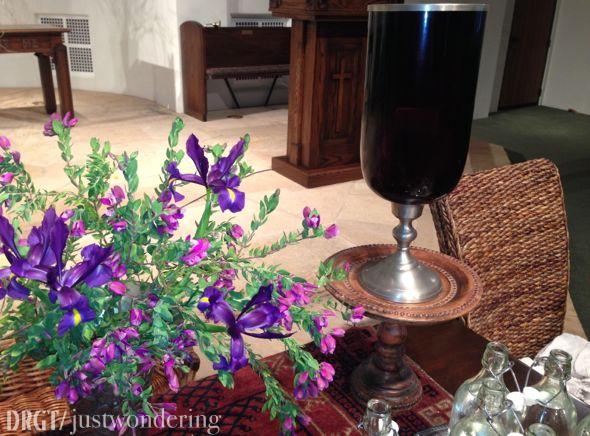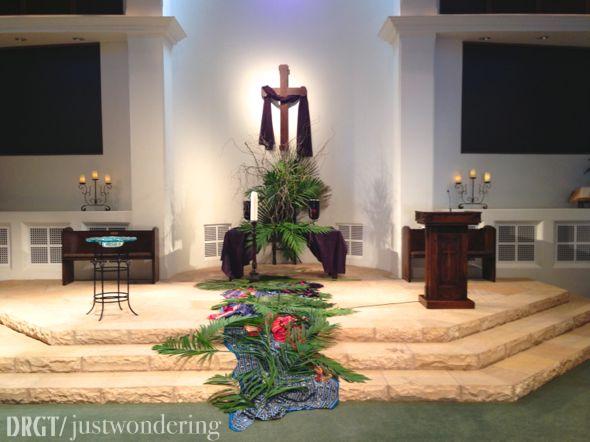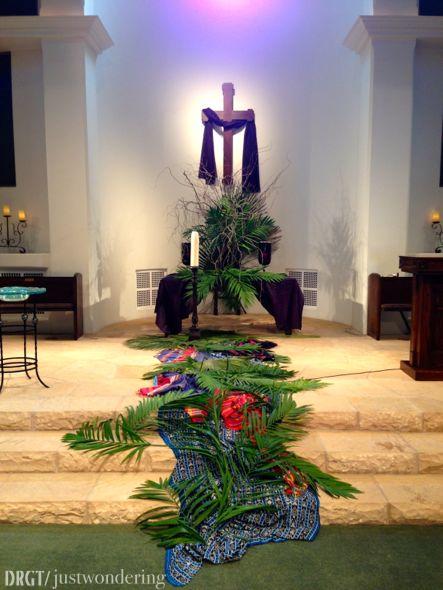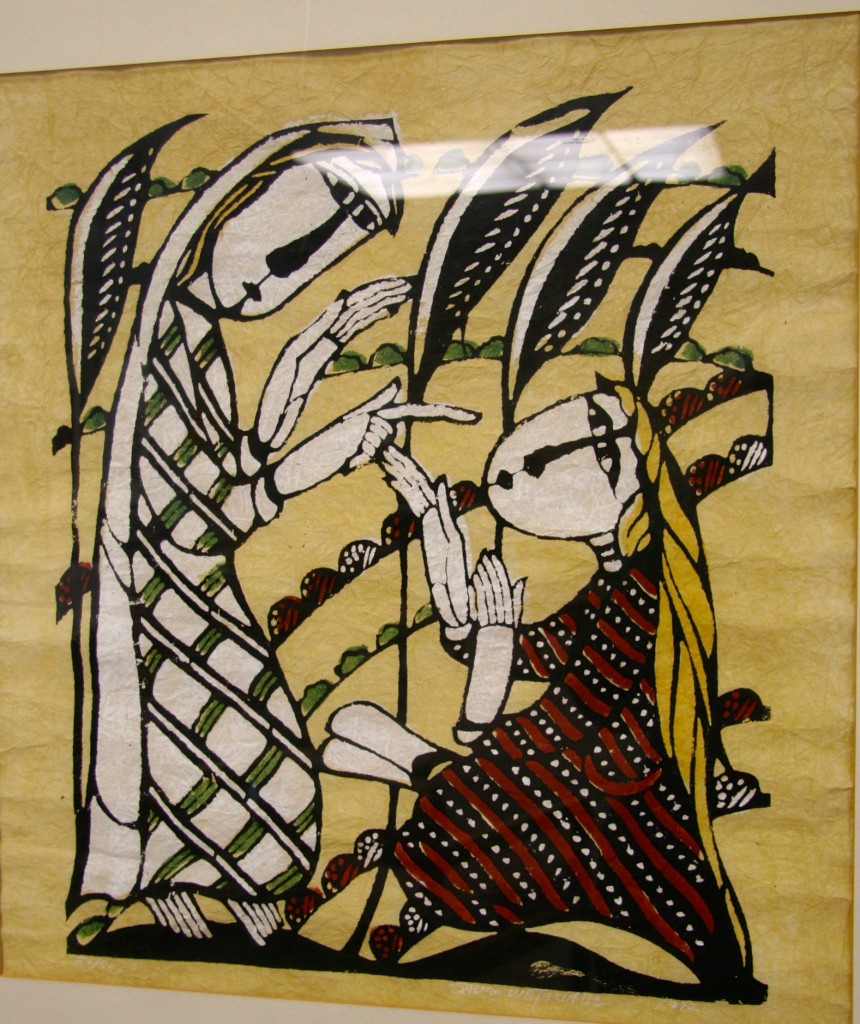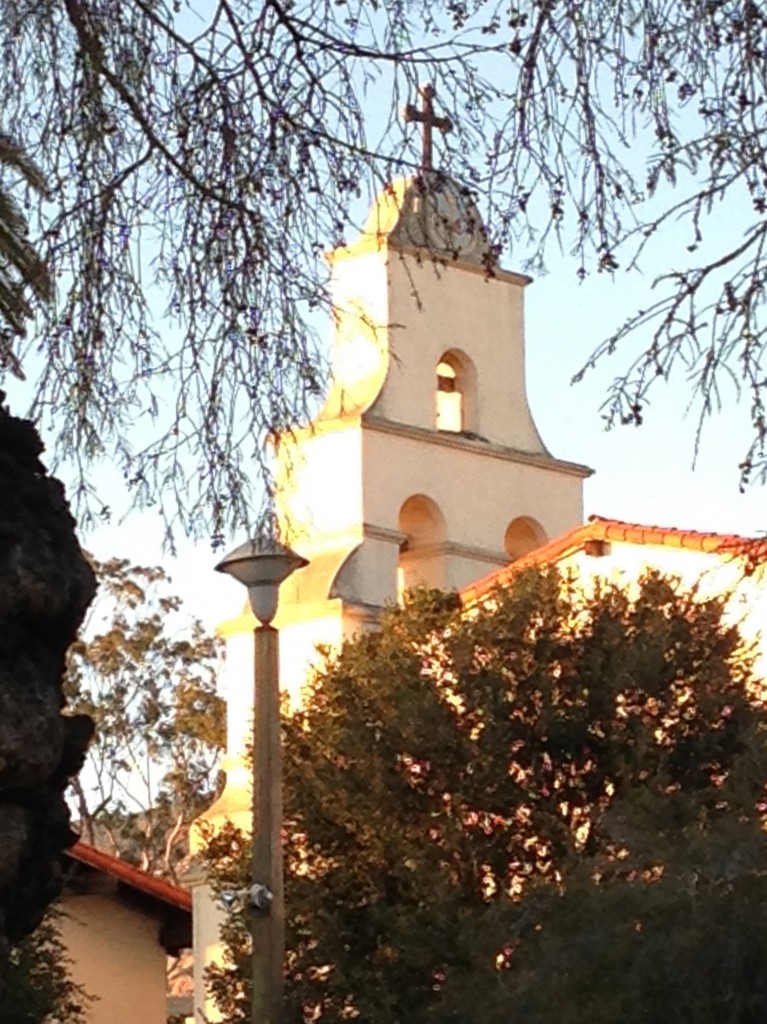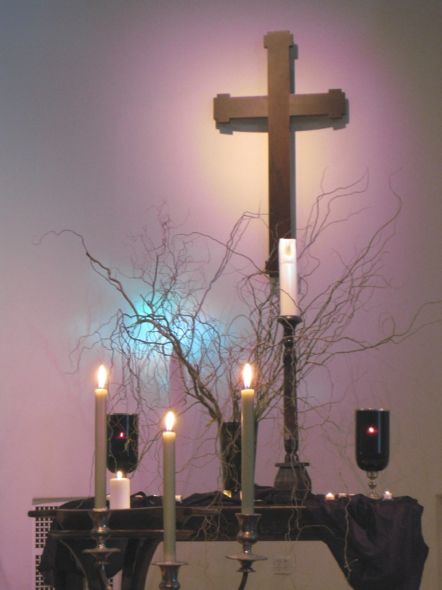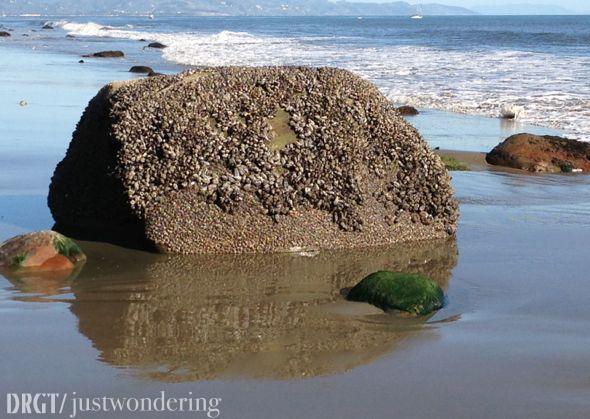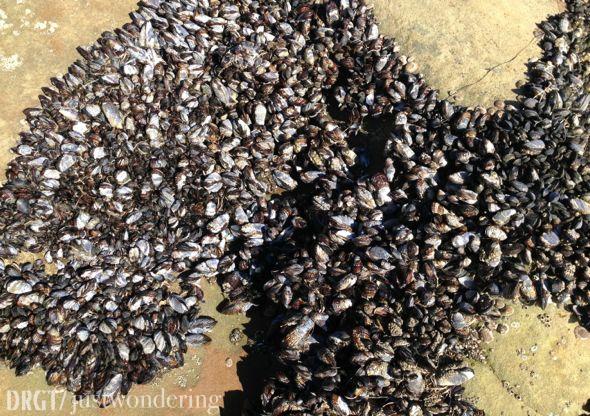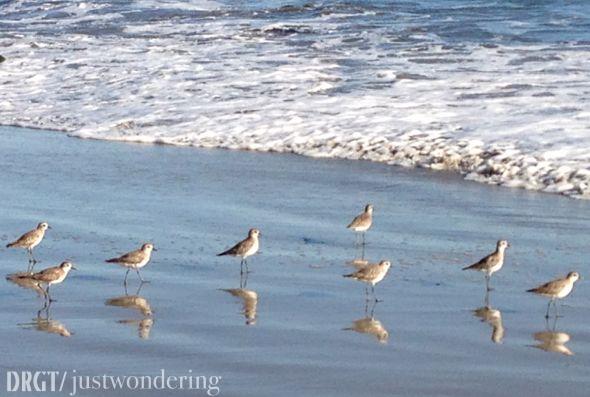For the last seven years, we have had the joy
and the privilege of
living within easy driving distance
of our youngest two grandchildren,
both girls.
Every Wednesday and almost every Friday for a little over two years,
we had the youngest one in our care.
Last September, Lilly began pre-school and our weekly visits
became fond memories.
But this week,
ah, this week was spring break,
even at pre-school,
so on Monday and Wednesday,
we had a little fun.
Wednesday, we hung around the house,
created a Princess Wand from a kit she
received for her birthday,
and watched a couple of movies.
On Monday, however,
we hooked up the car seat and went on
an ADVENTURE.

We were headed towards Santa Barbara’s excellent small zoo,
but got there before it opened.
So we took a little side trip out to the marina,
where all the colorful fishing vessels,
and more than a few pleasure craft
were lined up in rows.
It was cool and overcast and the tide was in, but we braved our way
partway out the breakwater pathway.
A stiff breeze sent the flags straight in toward shore.
The waves crashed mightily right over the top of the wall, however,
so we turned back at the halfway point.
I love the juxtaposition of the mountains against the masts
and the reflection of the boats against the water.

It was time for the zoo to open!
So we unloaded the stroller,
and hit the ground.
Lilly wanted two stops right off the bat – the koi fountain . . .
. . . and the children’s play area.
 Because you know,
Because you know,
dinosaur eggs are the most fun thing in the world.
And Poppy just had to have his picture taken, there, too.
She checked out the spider web and the butterfly bench and then
we started on the animal circle.
Colorful macaws.
Can you spot the boulder?
Looks a lot like whatever these animals are, don’t you think?
Shooting through a glass shield, trying to capture
this golden monkey,
I got our girl’s reflection, prancing in her ballerina skirt.
A very tiny fox with very big ears.
The only difficult exhibit for me was this one —
not enough space for a small pride of lions.
Having seen these magnificent creatures roaming huge game parks in Africa,
this one was tough to see.
 But these guys?
But these guys?
Well, they’re just plain wonderful to watch.
These two are female and both are pregnant.

And Michael makes three.
He moves gracefully, slowly, deliberately,
always on the look out for something to nibble.
These large creatures are surprisingly dexterous,
bending their front knees to grab at the grass,
reaching around to scratch an itch.
So beautiful and gentle.
Can you see the ocean out behind him?
So cute. And the eyelashes?
To.Die.For.
This zoo is a rehab station for large birds of prey, including
the California condor and the American bald eagle.
Clivia, pincushion protea, cactus garden – geographical landscaping
as we moved through the exhibits.
Our beautiful bird lagoon, not an official part of the zoo,
but adjacent to it. There is a family of gibbons on one of the islands.
Lots of exotica — but barnyard animals are pretty fun!
A swing by the elephants,
a quick move to antartica for the penguins,
and then. . .
. . . a treat to end the morning.
when she invites us for a playdate.
Try it sometime — I promise, it’s good for whatever ails you.

